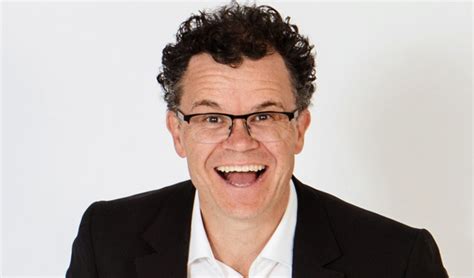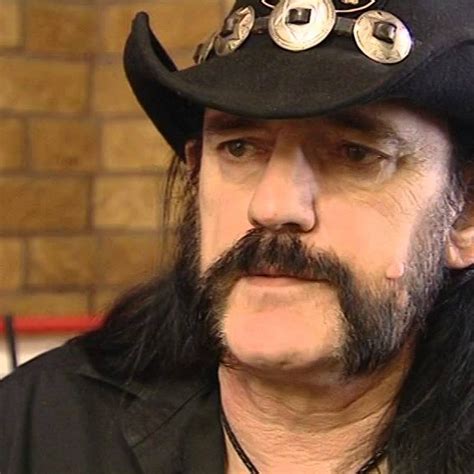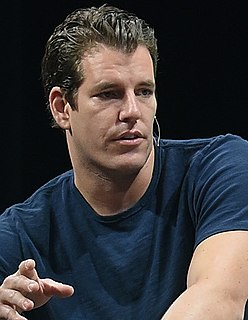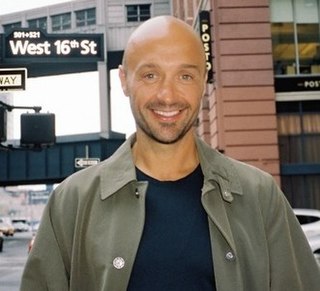A Quote by Dominic Holland
Invest your money safely. Avoid the risky lure of spectacular returns; go for an investment that cannot lose its value. This is why I have put all my spare cash into buying not shares, but thousands of penny chews.
Related Quotes
It is a certainty that Keegan would not have agreed to return unless Mike Ashley had committed to sanctioning a mammoth spending spree. The downside, which Keegan will soon discover, is the law of diminishing returns in a league that is now the richest in the world. The type of multi-million-pound investment that bankrolled the first Newcastle revival under Keegan is now two-a-penny. Buying success just isn't as easy as it used to be. The Premiership's paradox is that the more money there is, the more the art of management gains in value.
Value investors will not invest in businesses that they cannot readily understand or ones they find excessively risky. Hence few value investors will own the shares of technology companies. Many also shun commercial banks, which they consider to have unanalyzable assets, as well as property and casualty insurance companies, which have both unanalyzable assets and liabilities.
Cash - in savings accounts, short-term CDs or money market deposits - is great for an emergency fund. But to fulfill a long-term investment goal like funding your retirement, consider buying stocks. The more distant your financial target, the longer inflation will gnaw at the purchasing power of your money.
One thing I want to emphasize is that, like any human being, we can discuss our view of the economy and the market. Fortunately for our clients, we don't tend to operate based on the view. Our investment strategy is to invest bottom up, one stock at a time, based on price compared to value. And while we may have a macro view that things aren't very good right now - which in fact we feel very strongly we will put money to work regardless of that macro view if we find bargains. So tomorrow, if we found half a dozen bargains, we would invest all our cash.
I'm often asked how to start investing with little or no money. Please hear this as this is the hardest thing for people to understand: you do NOT invest with money! You invest with your mind! No matter what the field, your biggest asset is your mind. Once you have knowledge, you find deals, find your team and use other people’s money. You sell the deal and your team to get investment money.
Value in relation to price, not price alone, must determine your investment decisions. If you look to Mr Market as a creator of investment opportunities (where price departs from underlying value), you have the makings of a value investor. If you insist on looking to Mr Market for investment guidance however, you are probably best advised to hire someone else to manage your money.
When I received the Nobel Prize, the only big lump sum of money I have ever seen, I had to do something with it. The easiest way to drop this hot potato was to invest it, to buy shares. I knew that World War II was coming and I was afraid that if I had shares which rise in case of war, I would wish for war. So I asked my agent to buy shares which go down in the event of war. This he did. I lost my money and saved my soul.
Once, a friend’s mom said to me when I was very young 'You can't really invest in your looks as the only thing because it's a depreciating asset. I think this is trueit’s like putting money into a stock that’s going down. Put your money, put your effort, invest in your brain and talent which will appreciate and get better as you get older.
I made a lot of money. I earned a lot of money with CNN and satellite and cable television. And you can't really spend large sums of money, intelligently, on buying things. So I thought the best thing I could do was put some of that money back to work - making an investment in the future of humanity.
I think the critical point, really, is that we need to focus black economic empowerment more on the creation of new wealth rather than on these big deals that have been characteristic of this process in the past, of people going to banks, borrowing a lot of money, buying this and when the shares don't perform very well, the shares go back to the banks, because there's other people who own this anyway. I think we need to re-focus it so that it really does impact on growth, new investment, new employment and a general, better spread of wealth in South Africa.
































